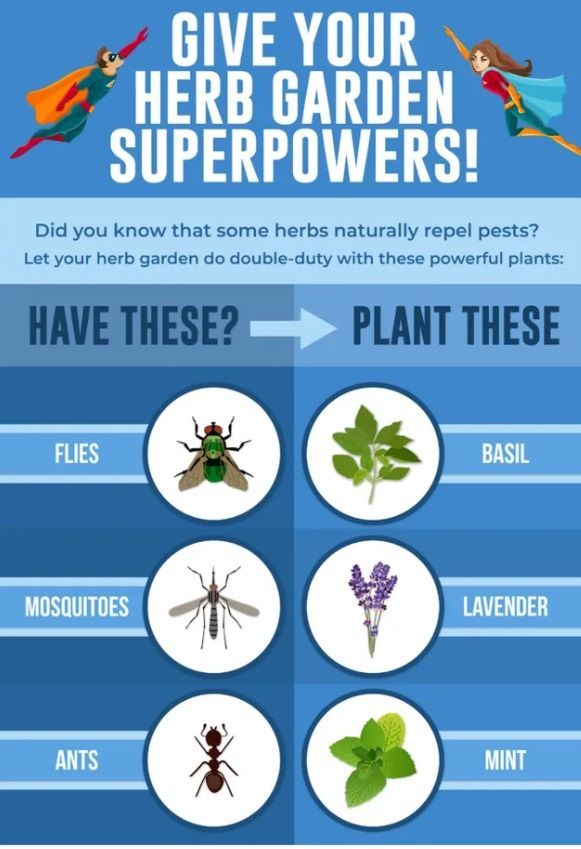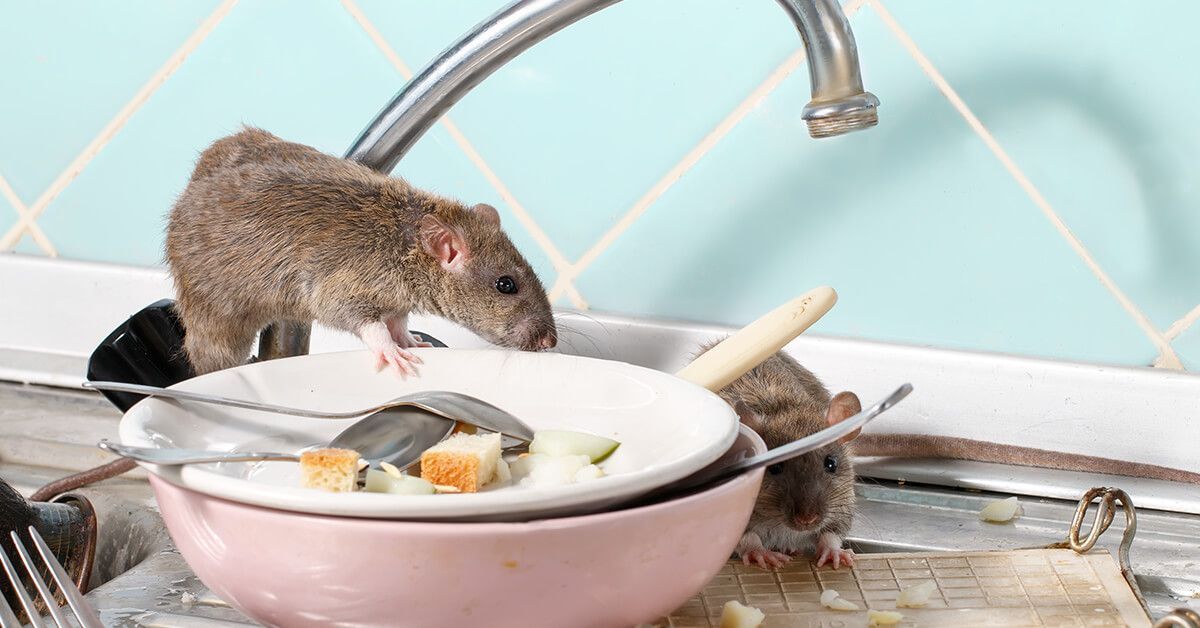Herb gardens are wonderful for providing fresh ingredients for your kitchen, but did you know that they can also help curb bothersome insect activity? Supercharge your garden’s powers with these bug-stopping plants!
Using herbs for pest control offers a myriad of benefits. Not only are herbs effective at repelling pests, but they also provide a safe and eco-friendly alternative to chemical pesticides. By incorporating herbs into your garden management practices, you can protect your plants without compromising the health of your family, pets, or the environment.
Your garden is a vibrant ecosystem teeming with life, but unfortunately, not all inhabitants are welcome guests. Let's delve into the world of common garden pests that can wreak havoc on your precious plants and the importance of early detection and prevention strategies to safeguard your garden's health.
Common Garden Pests:
- Aphids: These tiny, sap-sucking insects can quickly multiply and infest your plants, causing leaves to curl, yellow, and distort.
- Caterpillars: The larvae of butterflies and moths, caterpillars feast on foliage, leaving behind ragged edges and unsightly holes.
- Beetles: From Japanese beetles to Colorado potato beetles, these voracious feeders can defoliate plants and devastate crops in no time.
Here's why early detection and prevention are key:
- Preventative Action: Identifying pest problems early allows you to take proactive measures to prevent infestations from escalating. Whether it's removing affected plant parts, implementing physical barriers, or introducing natural predators, early intervention is your best defense.
- Minimize Damage: Acting swiftly at the first sign of pest activity can help minimize damage to your plants. By addressing pest issues promptly, you can prevent extensive feeding damage, stunted growth, and potential crop loss.
- Reduce Pesticide Use: Early detection and prevention strategies reduce the need for chemical pesticides, promoting a safer and more sustainable gardening approach. By relying on natural pest control methods, you can protect beneficial insects, pollinators, and the overall ecosystem health of your garden.
Superhero Herbs for Pest Control
Meet the superheroes of your garden - herbs with potent pest-repelling powers! These aromatic wonders not only add flavor to your culinary creations but also serve as natural guardians against common garden pests. Let's explore five powerhouse herbs and how you can harness their pest-deterring properties to protect your plants.
- Lavender:
Pest Repelling Abilities: Lavender emits a fragrant aroma that acts as a natural repellent against mosquitoes, moths, and fleas.
Growing and Care: Lavender thrives in well-drained soil and full sunlight. Plant in a sunny spot and water sparingly to prevent root rot. Prune after flowering to maintain shape and encourage bushy growth.
- Basil:
Pest Repelling Abilities: Basil releases essential oils that deter flies, mosquitoes, and aphids, making it a valuable companion in your garden.
Growing and Care: Basil prefers warm, sunny conditions and well-drained soil. Plant basil in pots or directly in the ground and water regularly. Pinch off flower buds to encourage leaf production and prolong harvest.
- Rosemary:
Pest Repelling Abilities: Rosemary's strong fragrance repels mosquitoes, beetles, and cabbage moths, making it an excellent addition to your pest control arsenal.
Growing and Care: Rosemary thrives in well-drained soil and full sun. Plant in a sheltered location and water sparingly once established. Prune regularly to maintain shape and promote healthy growth.
- Mint:
Pest Repelling Abilities: Mint's potent scent repels ants, fleas, and rodents, making it a valuable ally in your battle against garden pests.
Growing and Care: Mint is a vigorous grower that prefers moist, fertile soil and partial shade. Plant in containers to prevent spreading and water regularly to keep the soil moist. Prune regularly to control growth and prevent legginess.
- Marigold:
Pest Repelling Abilities: Marigolds contain compounds that deter nematodes, aphids, and whiteflies, making them an invaluable companion plant in your garden.
Growing and Care: Marigolds thrive in well-drained soil and full sun. Plant marigolds around the perimeter of your garden or among susceptible plants to deter pests. Deadhead regularly to encourage continuous blooming.
By incorporating these superhero herbs into your garden, you can create a natural barrier against pests while adding beauty, fragrance, and flavor to your outdoor space. Whether planted in pots, borders, or companion plantings, these herbs are sure to become indispensable allies in your quest for a pest-free garden paradise.





